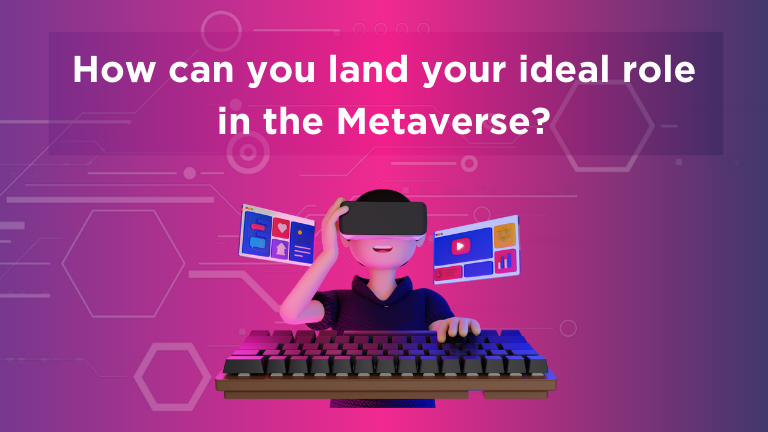AI is reshaping recruitment. Advanced tools can now sift through applications and analyse online profiles, streamlining the hiring process and making decisions more objective. Yet, human qualities—like communication, adaptability, and emotional intelligence—remain as important as ever.
So, why do soft skills still matter in a world increasingly powered by AI?
Balancing AI Efficiency with Human Strengths
AI excels at processing data, identifying patterns, and performing repetitive tasks with precision. However, it lacks the human touch that fosters collaboration, creativity, and a positive work environment. These qualities—driven by soft skills—are vital for building effective teams and achieving meaningful results.
AI’s Strengths: Rapid data analysis, pattern recognition, and objective decision-making.
Human Strengths: Emotional intelligence, creativity, adaptability, and communication.
The Winning Combination: A balance of AI capabilities and human qualities creates a more effective hiring process.
Why Soft Skills Matter
Despite advancements in AI, soft skills remain essential for several reasons:
Team Collaboration and Communication
Strong communication is the foundation of teamwork and problem-solving. While AI can identify potential communicators from CVs, it can’t replicate genuine, engaging conversations or manage conflicts with empathy. These are areas where humans remain indispensable.
Adaptability and Problem-Solving
Workplaces are dynamic, and unexpected challenges are inevitable. While AI might recognise adaptability in a candidate’s profile, handling real-life situations and thinking creatively is uniquely human.
Emotional Intelligence
Empathy and self-awareness are critical for building relationships and fostering trust within teams. Leaders who excel in emotional intelligence can inspire and motivate others—qualities that AI cannot replicate.
Leadership and Initiative
Effective leadership involves more than technical expertise. It requires ambition, vision, and the ability to connect with others. Likewise, proactive behaviour, such as driving projects or taking the lead, stems from personal experience and creative thinking.
Showcasing Your Soft Skills
In an AI-driven recruitment landscape, it’s crucial to highlight your soft skills. Here’s how you can stand out:
Create a Soft Skill-Focused CV – Use concrete examples to demonstrate your skills. For instance, highlight times when you led a team, resolved conflicts, or successfully adapted to change. Action verbs like “led,” “collaborated,” and “innovated” help convey your contributions effectively.
Optimise Your Online Presence – Ask for LinkedIn recommendations that reflect your soft skills. Share relevant content, join discussions, and showcase your involvement in projects that highlight your interpersonal abilities.
Prepare for AI-Assisted Interviews – Practice answering behavioural questions that focus on real-life challenges. While keywords are important for AI tools, being authentic will help you leave a lasting impression.
Leverage Networking Opportunities – Attend events—both online and in-person—to demonstrate your communication skills. Participating in mentorship programmes can also showcase leadership and collaboration abilities.
Soft Skills in Remote and Hybrid Work
As remote and hybrid work environments become the norm, soft skills like self-management, virtual communication, and relationship-building are increasingly important:
- Self-Management: The ability to stay disciplined and meet deadlines without direct supervision is critical.
- Virtual Communication: Experience with video meetings, managing discussions online, and clear written communication are key.
- Building Relationships Remotely: Empathy, proactive outreach, and good listening skills are essential for remote team success.
Why Employers Value Soft Skills
More employers are recognising that technical expertise alone isn’t enough. Traits like adaptability, emotional intelligence, and cultural alignment are crucial. Here’s how recruiters assess these qualities:
- Structured Interviews: Behavioural questions like “How did you adapt to a major change?” offer insights into your approach.
- Personality Assessments: Tools measuring traits like empathy and openness help employers determine cultural fit.
- Work Simulations: Role-playing exercises give candidates a chance to showcase communication, problem-solving, and teamwork in action.
Strategies for Developing Soft Skills
Improving your soft skills is an investment in your future. Here are some practical steps:
- Continuous Learning: Take workshops or courses to enhance communication, leadership, and emotional intelligence.
- Seek Feedback: Ask for honest input from colleagues or mentors to identify areas for improvement.
- Practice Mindfulness: Techniques like mindfulness can improve focus, empathy, and emotional regulation.
- Participate in Team Activities: Group projects and team-building exercises can strengthen collaboration and leadership abilities.
Navigating an AI-Driven Recruitment Process
Understanding how AI impacts recruitment can help you adapt:
- Automated Screening: Use relevant keywords in your CV to pass AI-driven filters.
- AI Chatbots: Be prepared for initial interactions with chatbots by crafting clear, concise responses.
- Video Interview Analysis: Practice speaking on camera to come across confidently in AI-assessed interviews.
Adapting to Future Trends
As hiring continues to evolve, combining technical expertise with strong interpersonal skills will set candidates apart. Employers increasingly value hybrid skills, lifelong learning, and cultural awareness to thrive in diverse, global teams.
Final Thoughts
Even in an AI-powered world, soft skills remain irreplaceable. While technology can enhance efficiency, qualities like communication, adaptability, and emotional intelligence are what truly build successful teams.
By highlighting your soft skills alongside technical abilities, you’ll position yourself as a well-rounded candidate ready to succeed in today’s evolving job market. For tailored support in refining your CV, boosting your online presence, or navigating AI-driven hiring, our team are happy to help!




